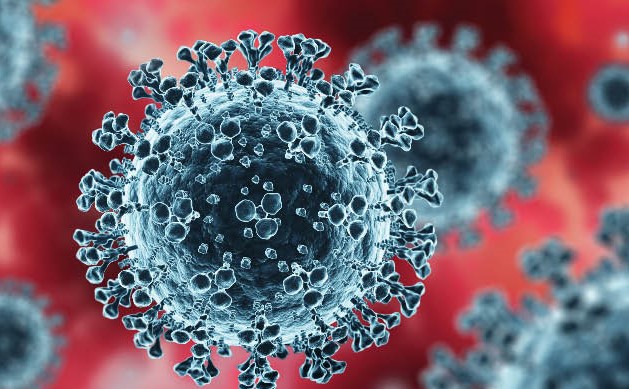James Spencer - In silico screening for approved drug repurposing for COVID-19 using the Bristol University Docking Engine (BUDE)
Based on the preliminary data obtained with the Elizabeth Blackwell Institute support James Spencer and team have recently been successful in securing additional funding (£24 736) from the British Society for Antimicrobial Chemotherapy (BSAC, open competition) to extend this work, focusing upon application of virtual reality drug discovery tools developed in Bristol to validate and extend the results of our screening experiments.
Jonathan Reid - Is SARS-CoV-2 Airborne?
£430k further funding was secured through a DHSC/NIHR Rapid Response COVID-19 grant entitled ‘AERosolisation And Transmission Of SARS-CoV-2 in Healthcare Settings (AERATOR)’. In addition to funding work to make measurements on potential aerosol generating procedures, a strand of work will be to measure the survival of SARS-CoV-2 in aerosol droplets when exposed to UV light. These measurements will be made in the CL-3 CELEBS facility established with the Elizabeth Blackwell Institute funding (September 2020 – September 2021).
Alice Halliday - Understanding the serological responses to SARS-CoV-2 and Amy Thomas - Detection of SARS-CoV-2 immune responses in saliva
This work has led to further funding applications and funds secured including a grant from Diabetes UK, an invited resubmission for a UKRI COVID19 funding application, and a successful £2.5m UKRI grant awarded to Caroline Relton, which includes a saliva test (developed by Dr Amy Thomas). Of note, the University of Bristol decided to fund the assay evaluation for the serum ELISA (alongside the LIPs tests), which were first developed using the Elizabeth Blackwell Institute grant.
And this investment has also helped to seed new collaborations…
Ross Booton said: “I am seeking support for an independent early-career fellowship to be hosted at the University of Bristol with this network. This interdisciplinary experience was particularly valuable for me as I have learnt a lot about managing a project as PI and will be extremely beneficial in future COVID-19 related applications, especially considering my very early career stage.”
Lindsey Hines said: “The project has developed collaborations between a team who had previously not worked together. Many of the research team formed for LUCID-B are now co-applicants on a recently submitted NIHR grant, seeking to explore similar issues in rural populations of People who Inject Drugs (PWID).”
